Lessons from the Huberman Lab Podcast
When it comes to achieving massive, seemingly impossible goals, few athletes embody the process better than Alex Honnold — the climber who made history by free-soloing El Capitan without a rope.
In a recent conversation with neuroscientist Dr. Andrew Huberman on the Huberman Lab Podcast, Honnold unpacked the mindset, preparation, and daily habits that make huge achievements possible. His reflections offer lessons that apply to climbing and life alike.
🎯 The Foundation: Small Daily Goals Lead to Big Achievements
Honnold insists that extraordinary outcomes come from ordinary, repeatable actions. He’s kept a training and climbing journal since 2005, logging nearly every climb — not to glorify results, but to track progress.
“Big goals are just the outgrowth of lots of little goals done consistently,” says Honnold. “If you do enough little things, something big happens.”
Rather than focusing on a single summit, he builds momentum through small, achievable daily objectives. Each day has purpose — whether learning a new move, refining a sequence, or simply showing up to climb.
🧠 Intrinsic Motivation Is the Ultimate Fuel
From his earliest days in the gym, Honnold climbed for one reason — because he loved it. Even the filming of Free Solo balanced intrinsic and extrinsic motivation: it was a personal challenge first, and a public triumph second.
That distinction matters. When motivation comes from within, your drive becomes self-sustaining — it’s no longer dependent on external validation or success.
⚖️ Train Risk Awareness Like a Skill
Climbing has taught Honnold how to see risk clearly. People often assume free soloing is reckless, but he points out that most of his scariest moments happened while roped, pushing into unknown terrain.
When climbing ropeless, he’s actually more conservative. “If something feels wrong, you just go down.”
Through thousands of climbs, he’s developed a sharp instinct for risk versus consequence — a mental framework we can all apply to our training and life decisions.
🧩 Flow Comes from Repetition, Not Recklessness
The smooth, meditative quality of elite climbing isn’t born from adrenaline — it’s built through meticulous rehearsal.
In preparation for El Cap, Honnold memorized every hold, foothold, and body position through years of deliberate practice.
That level of familiarity allowed him to enter a flow state, where execution becomes automatic and thought gives way to movement.
As he puts it, “When you know the route so well, it feels like jogging or swimming — just natural, elemental movement.”
🔄 Consistency Over Intensity
Honnold’s training philosophy mirrors his climbing mindset: sustainable effort trumps all-out exhaustion. Instead of training to failure, he performs multiple submaximal sets that stimulate adaptation without compromising recovery.
Dr. Huberman highlights research supporting this approach — training just below failure enhances fast-twitch motor units while allowing more frequent sessions (3–4 times per week versus 1–2 when overtrained).
It’s a lesson many climbers can take to heart: train smart, not just hard.
📵 Focus: Do the Work, Not the Scroll
Though Honnold has a massive online following, he’s largely disconnected from social media. He sends content to a manager but doesn’t even have the apps on his phone.
“Being a professional climber still means being good at climbing first,” he says. “Posting about it isn’t the same as doing it.”
His approach is a reminder for all of us in a hyper-connected world: focus on the process, not the performance. The real growth happens offline.
💀 Embracing Mortality Brings Life Into Focus
One of the most profound themes from the podcast comes from loss. Honnold’s father passed away suddenly at age 55 — a life lived cautiously, yet still cut short. The experience reshaped how Alex views time and purpose.
“Either way, you’re going to die,” he reflects. “You may as well die having done things you’re proud of.”
Rather than morbid, this perspective fuels gratitude and courage — a reminder to pursue your passions fully while you can.
💪 The Value of Effort
In discussing Emily Harrington’s Girl Climber film, Honnold emphasizes that climbing’s meaning isn’t in the summit — it’s in the effort and commitment behind it.
“All of climbing is relatively meaningless — you could just walk around the back of El Cap,” he laughs. “But the effort you put into something is what gives it value.”
That’s the essence of mastery — to give your best to something hard, and to find joy in the trying.
🧭 Key Takeaway
Big goals aren’t achieved in one leap — they’re built brick by brick through consistency, clarity, and courage.
Stay focused on the process. Set meaningful micro-goals. Train your body and your mind to handle challenge — and trust that the extraordinary will emerge naturally from the ordinary.
🧗♂️ Related TrainingForClimbing Resources
-
Podcast #119 – 5 Powerful Lessons from Emily Harrington’s “Girl Climber”
-
Podcast #95: Mental Wings Strategies for Uncommon Success and Happiness
Copyright © 2000–2025 Hörst Training LLC | All Rights Reserved

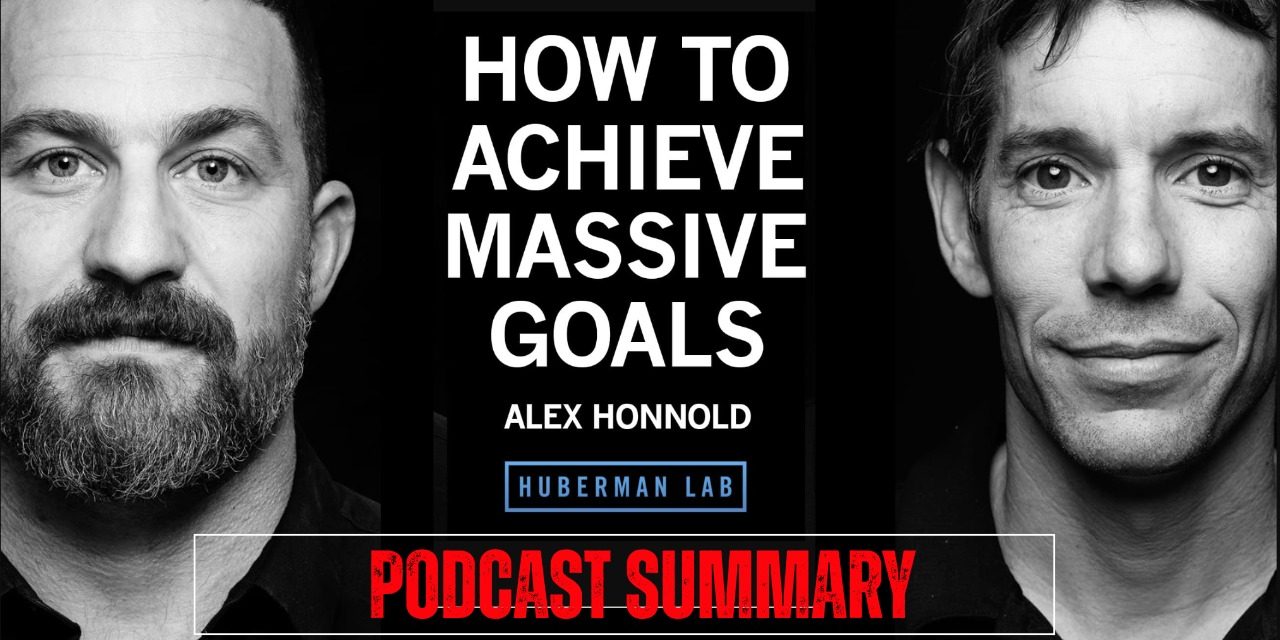

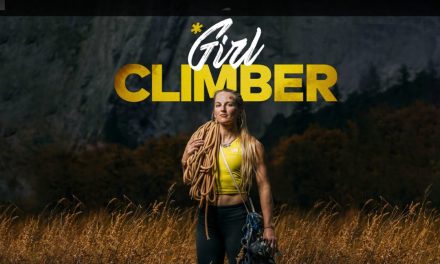
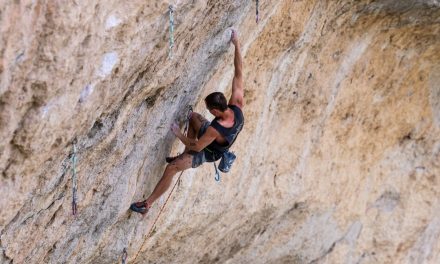
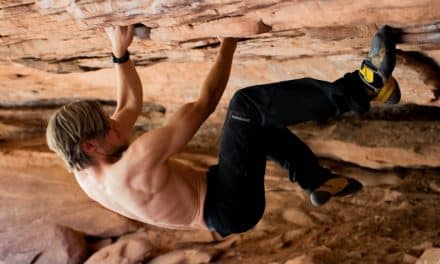
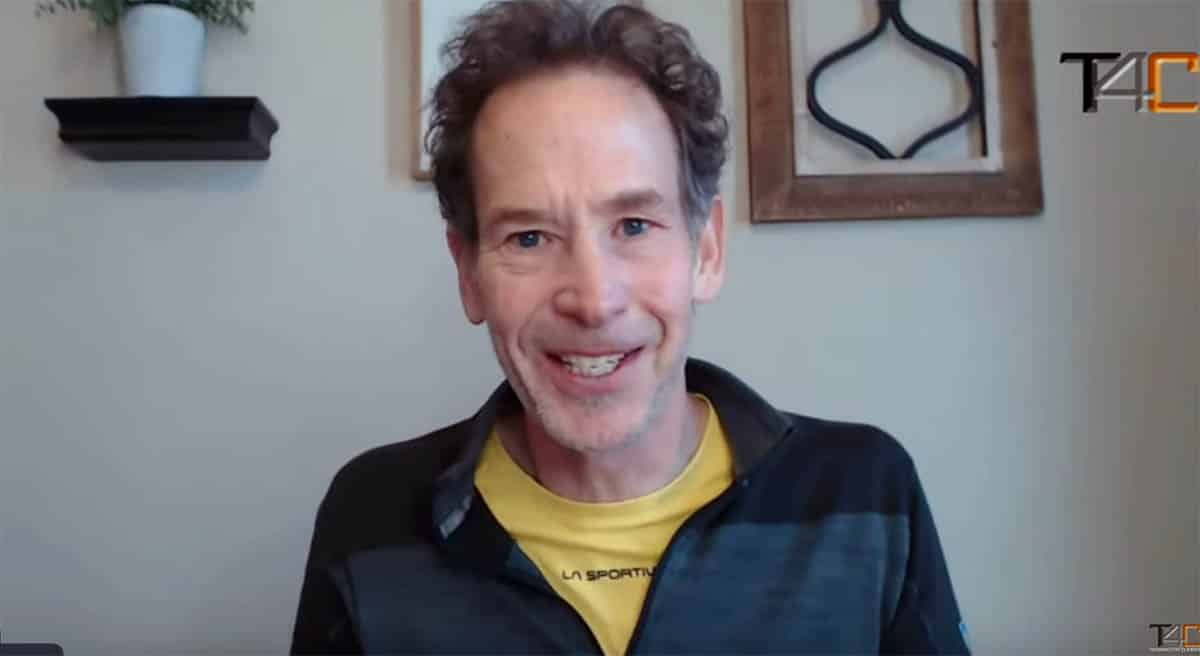
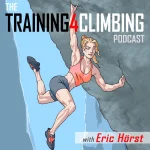
![🚨New Training For Climbing podcast drop! [**Link in bio.**]
This a two-part deep dive into designing a comprehensive, long-term systems approach to training. Coach @eric_horst unpacks—in rich detail—how systems actually function, and he highlights how transformative climbers throughout history “shake up the box” with innovative, highly effective methods to achieve big goals and push the boundaries of our sport.
In Part 1 (#122), Eric blends a concise climbing history lesson with an engineer-like breakdown of how intelligent systems operate. Part 2 (#123) of this series will deliver the actionable strategies you can use to build a personalized, high-performance training system for this winter…and for many seasons to come.
Eric emphasizes that as climbers progress beyond the beginner stage, climbing and training grow increasingly complex—requiring intentional, organized, and year-round development of strength, technique, mental skills, recovery habits, nutrition, and lifestyle management. Rather than ad-lib sessions or singular-focus programs (like only training strength), climbers need a comprehensive system fine-tuned daily and seasonally.
This is an entertaining and thought-provoking episode—so lean in, listen closely, and get ready to feel inspired, challenged, and equipped to level-up your modus operandi at the crag, in the gym, at home, and in everything you do! Listen on Apple Podcasts, Spotify, or online using the web player below.
#climbingtraining #bouldering #indoorclimbing #climbing #climbingpodcast #erichorst #trainingforclimbing @lasportivana @physivantage](https://trainingforclimbing.com/wp-content/plugins/instagram-feed/img/placeholder.png)


